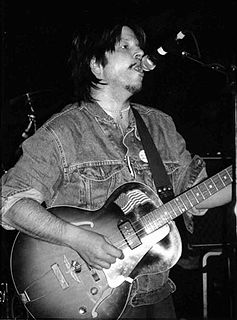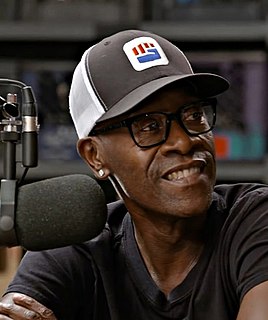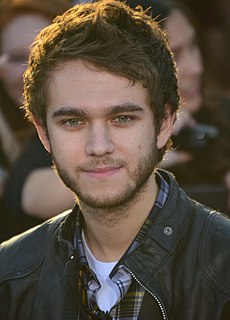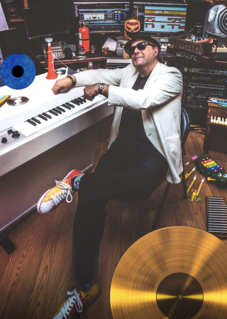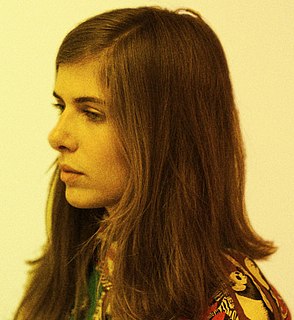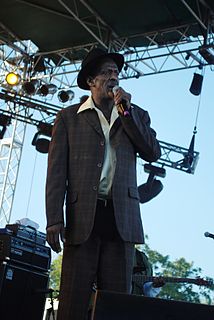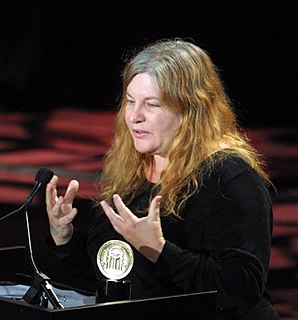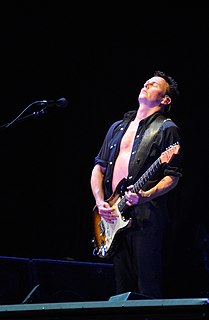A Quote by John Keltonic
I've been a full-time composer for many years, and I'm still learning all the time. There is always more than one musical "solution" to each movie scene, but my goal is to compose music that works perfectly for the director, and me!
Related Quotes
The musical emotion springs precisely from the fact that at each moment the composer withholds or adds more or less than the listener anticipates on the basis of a pattern that he thinks he can guess, but that he is incapable of wholly divining. If the composer withholds more than we anticipate, we experience a delicious falling sensation; we feel we have been torn from a stable point on the musical ladder and thrust into the void. When the composer withholds less, the opposite occurs: he forces us to perform gymnastic exercises more skillful than our own.
For me, in movies, it's always a mixed bag. I've never made a movie where I thought, "You were really good in that movie; you were good all the time." No. It's always, "You didn't get it, you didn't do it in that scene, but the other scene is pretty good." So I just hope that in balance there's more good scenes than not.
I've delved into a lot of non-musical projects. Learning new things and accomplishing things with my hands that I put aside as an adult to devote all my time to music. As I've gotten older, I've been concentrating on quality and no filler, and spending more time constructing all of the parts of music, rather than going into the studio with one or two parts and then letting the rest work itself out.
The process always starts with detailed conversations with the director, followed by a spotting session (deciding where the music goes and doesn't go in the film, and what the music should be saying or not saying) in each scene. This is followed by sending the director demos of each cue for feedback.
I am looking for the word which is there and shouldn't be there. I wonder, why is it there? Or I look for problems: the Akedah [the Binding of Isaac - Genesis 22]. It still baffles me. Each time I read it - and I read it at least twice a year - each time I discover new layers in it. Always. So this is of more concern to me than the minimalists.
As a kid, I had a Beatles poster and a Bela Lugosi as Dracula poster, so both worlds always appealed to me. Horror allows you to do things as a composer than you're able to do in no other style of movie. The music has to be aggressive. You can't tiptoe around. It has to be incredibly focused dramatically - no time for second thoughts.
Vocals are not central to what I do, and I've never liked singing live. I've always been more inspired by rhythm, texture, harmony than vocal melodies and lyrics. Plus, for me, I can better express my musical ideas through instrumental music than vocal music, the emotional interpretation of which can easily supersede the actual musical content or aim.
My pieces usually are programmed on concerts in which the other works are standard repertoire. My music always sounds very different when it's on a concert of all contemporary music. It always seems to stick out at an odd angle. This also makes me think of a question I sometimes debate with my friends: does the music of a composer directly reflect that composer's personality? This is a difficult one, but I think it usually does.
When I finally got together with Rostropovich as a student, he was very focused, almost entirely focused on the music itself, on what the composer had in mind and what he knew about the composer. Many of the works that I played for him had in fact been composed and written for him; he was often the first performer of these works, having known the composers personally.
Well the artists that inspire me were, first of all I would say Sam Cooke, Otis Redding, John Holt, Alton Ellis, Errol Dunkley, Delroy Wilson and Dennis Brown you know. They have unique voice and sweet melody and you know, good lyrics those time yeh. The music was very nice in that time still seen, because you find that even the musical part, the musicians concentrate more on the melody than everything, more than how they concentrate on the money that time you Know



